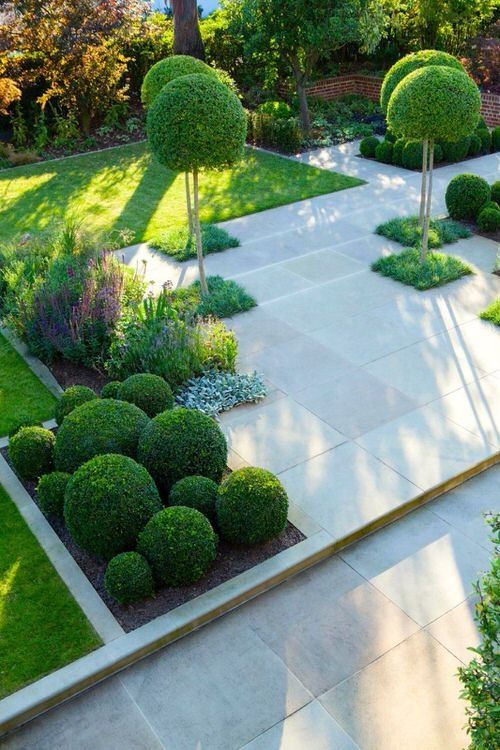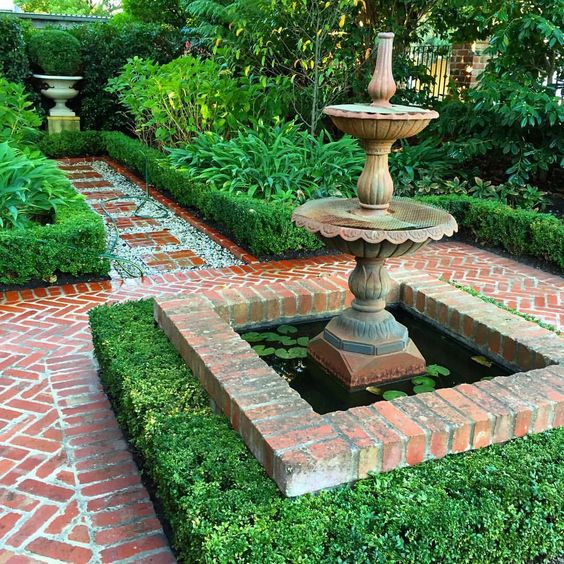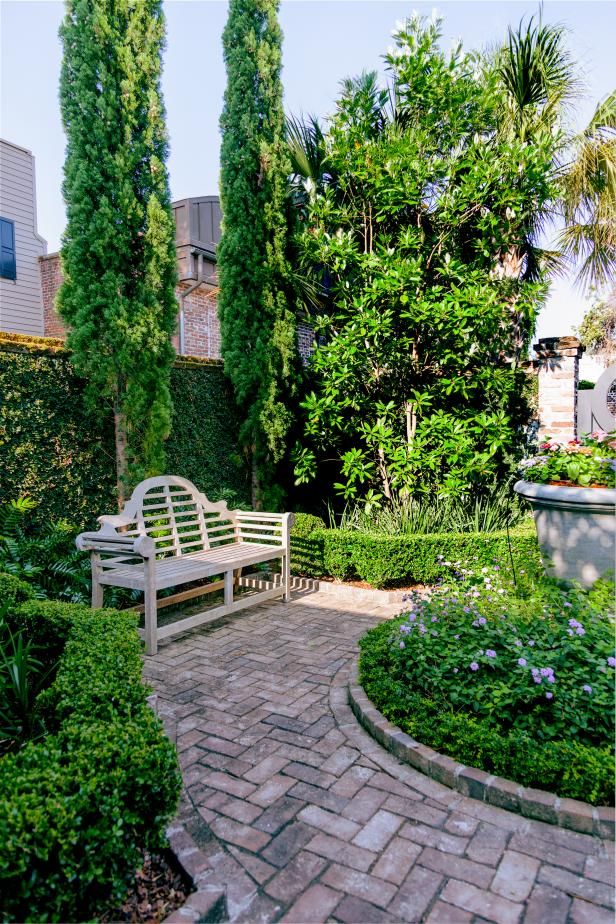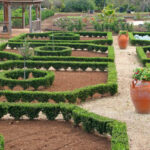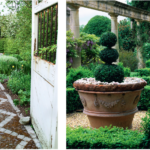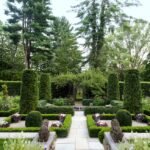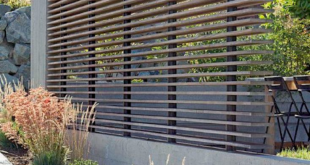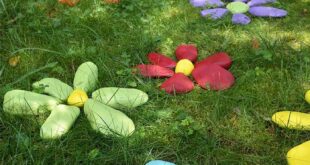Formal garden design is a timeless and elegant style that has been popular for centuries. Characterized by symmetrical layouts, geometric shapes, and carefully manicured plants, formal gardens exude a sense of order and balance. These meticulously designed outdoor spaces are often found in stately homes, palaces, and historical estates, reflecting the sophistication and attention to detail of their owners.
Central to formal garden design is the concept of symmetry. Paths, hedges, and flower beds are arranged in perfect mirror image on either side of a central axis, creating a sense of harmony and balance. This symmetrical layout helps to create a sense of order and organization in the garden, providing a serene and tranquil atmosphere for visitors to enjoy.
Geometric shapes play a key role in formal garden design, with squares, rectangles, circles, and triangles commonly used to define spaces and create visual interest. Boxwood hedges are often used to delineate borders and pathways, while neatly trimmed topiaries add a touch of sophistication and structure to the garden. The use of formal structures such as pergolas, fountains, and statues further enhances the sense of grandeur and elegance in a formal garden.
Carefully manicured plants are a hallmark of formal garden design, with an emphasis on precision and attention to detail. Flower beds are meticulously arranged in neat rows, with vibrant blooms carefully selected to complement the overall color scheme of the garden. Plants are often pruned and shaped to maintain a uniform appearance, with an emphasis on creating clean lines and defined shapes.
Designing a formal garden requires a meticulous eye for detail and a thorough understanding of balance and symmetry. Every element in the garden must be carefully considered and placed to create a cohesive and harmonious overall design. While formal gardens can be labor-intensive to maintain, the result is a stunning outdoor space that exudes elegance and sophistication.
Overall, formal garden design is a timeless and classic style that continues to inspire gardeners and landscapers around the world. With its emphasis on symmetry, geometric shapes, and carefully manicured plants, formal gardens offer a sense of order and elegance that is truly unparalleled. Whether in a grand estate or a small suburban backyard, a formal garden is sure to impress and delight visitors with its beauty and grace.
 yishifashion Where Outdoor Dreams Become Reality
yishifashion Where Outdoor Dreams Become Reality
